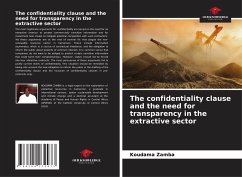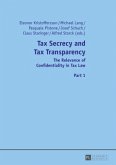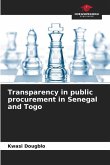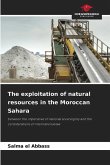The most legitimate arguments for confidentiality are based on the need for an extractive investor to protect commercially sensitive information and for investment host states to mitigate potential competition with such contractors. Yet these arguments are at the root of several ills that plague the non-renewable resource sector in Cameroon. These include information asymmetry, which is a source of contractual imbalance, and the obligation to inform the public about projects of common interest. It is common sense that companies do not want to be obliged to publish certain sensitive information that could harm their competitiveness. However, states should not be forced into less attractive contracts. The most persuasive of these arguments fail to justify current levels of confidentiality. This situation should be remedied by taking into account the new obligation to inform the public in the drafting of the confidentiality clause and the inclusion of confidentiality clauses in pre-contracts only.








